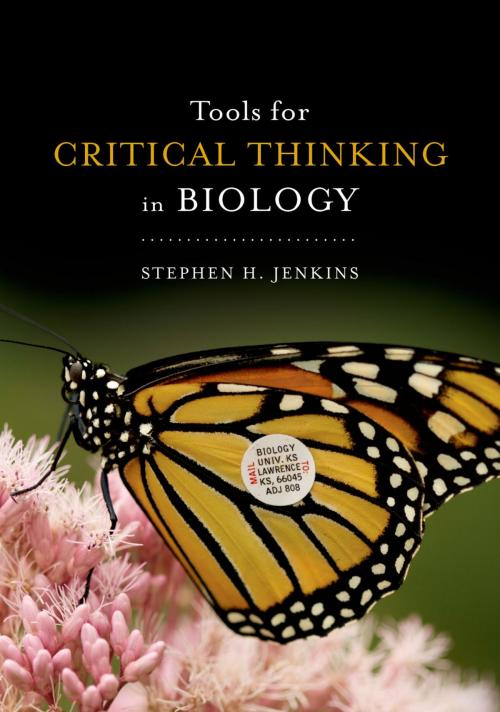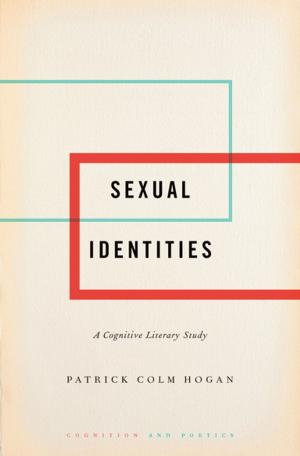Tools for Critical Thinking in Biology
Nonfiction, Science & Nature, Science, Biological Sciences, Biology| Author: | Stephen H. Jenkins | ISBN: | 9780190266950 |
| Publisher: | Oxford University Press | Publication: | April 28, 2015 |
| Imprint: | Oxford University Press | Language: | English |
| Author: | Stephen H. Jenkins |
| ISBN: | 9780190266950 |
| Publisher: | Oxford University Press |
| Publication: | April 28, 2015 |
| Imprint: | Oxford University Press |
| Language: | English |
The American Association for the Advancement of Science's report on Vision and Change in Undergraduate Biology Education suggests that instructors "can no longer rely solely on trying to cover a syllabus packed with topics" but rather should "introduce fewer concepts but present them in greater depth." They further suggest that the principles embodied in a set of core concepts and competencies should be the basis for all undergraduate biology courses, including those designed for nonmajors. The theme of Tools for Critical Thinking in Biology will be the first and most fundamental of these competencies: the ability to apply the process of science. Biology courses and curricula must engage students in how scientific inquiry is conducted, including evaluating and interpreting scientific explanations of the natural world. The book uses diverse examples to illustrate how experiments work, how hypotheses can be tested by systematic and comparative observations when experiments aren't possible, how models are useful in science, and how sound decisions can be based on the weight of evidence even when uncertainty remains. These are fundamental issues in the process of science that are important for everyone to understand, whether they pursue careers in science or not. Where other introductory biology textbooks are organized by scientific concepts, Tools for Critical Thinking in Biology will instead show how methods can be used to test hypotheses in fields as different as ecology and medicine, using contemporary case studies. The book will provide students with a deeper understanding of the strengths and weaknesses of such methods for answering new questions, and will thereby change the way they think about the fundamentals of biology.
The American Association for the Advancement of Science's report on Vision and Change in Undergraduate Biology Education suggests that instructors "can no longer rely solely on trying to cover a syllabus packed with topics" but rather should "introduce fewer concepts but present them in greater depth." They further suggest that the principles embodied in a set of core concepts and competencies should be the basis for all undergraduate biology courses, including those designed for nonmajors. The theme of Tools for Critical Thinking in Biology will be the first and most fundamental of these competencies: the ability to apply the process of science. Biology courses and curricula must engage students in how scientific inquiry is conducted, including evaluating and interpreting scientific explanations of the natural world. The book uses diverse examples to illustrate how experiments work, how hypotheses can be tested by systematic and comparative observations when experiments aren't possible, how models are useful in science, and how sound decisions can be based on the weight of evidence even when uncertainty remains. These are fundamental issues in the process of science that are important for everyone to understand, whether they pursue careers in science or not. Where other introductory biology textbooks are organized by scientific concepts, Tools for Critical Thinking in Biology will instead show how methods can be used to test hypotheses in fields as different as ecology and medicine, using contemporary case studies. The book will provide students with a deeper understanding of the strengths and weaknesses of such methods for answering new questions, and will thereby change the way they think about the fundamentals of biology.















